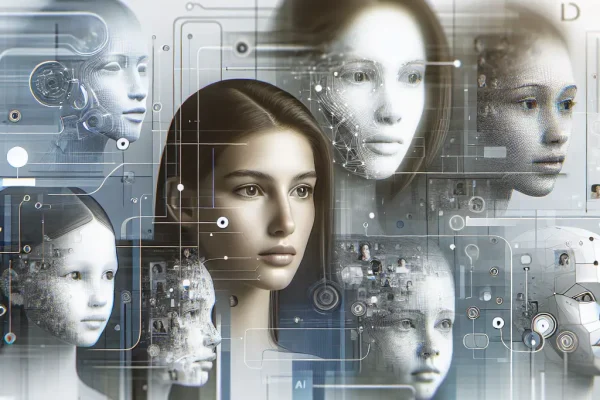Exploring the Surprising Job Market for Computer Science Graduates
Computer Science (CS) has long been hailed as a surefire path to a lucrative career. When you tell someone you’re studying CS, they often nod knowingly: “Great choice! Tech jobs are booming.” But recent data paints a more complex picture: despite its popularity, computer science ranks among majors with surprisingly high unemployment rates. So, what’s going on here?
The Popularity and Promise of Computer Science
The appeal of computer science is undeniable. Tech touches nearly every aspect of modern life—from social media to healthcare, from entertainment to transportation. This vast scope has led to a surge of students enrolling in CS programs worldwide. Universities expanded their CS departments, and the number of degrees awarded skyrocketed.
Many jump into the field attracted by stories of six-figure salaries and innovation hubs like Silicon Valley. Yet, not everyone lands a job right away. Surprisingly, some CS graduates face months of unemployment after graduation, which feels counterintuitive given the tech industry’s growth.
Digging Into the Numbers
According to a Newsweek report linked in a Reddit discussion, computer science has one of the highest unemployment rates among popular college majors. The reasons are multifaceted:
- Rapidly Evolving Skill Requirements: Technology changes fast. A graduate skilled in outdated languages or paradigms might struggle to find work.
- High Enrollment vs. Job Market Size: More students than jobs in some regions create a bottleneck.
- Lack of Real-World Experience: Many students focus on theory without internships or projects that showcase applied skills.
- Geographical Factors: Job opportunities cluster in tech hubs, so location matters.
The Experience Gap: Theory vs. Practice
I’ve met many CS grads who told me their degrees focused heavily on algorithms, maths, and theory but less on teamwork, real coding practice, or current frameworks. Employers often prioritize candidates who show they can hit the ground running — familiarity with industry tools, collaboration, and problem-solving under pressure.
Internships, personal projects, hackathons, and contributing to open-source projects can bridge that gap. Without these, even talented grads find it tough to convince hiring managers.
Is It the Degree or the Industry?
Some argue that the problem isn’t the degree itself but how graduates prepare for the workforce. Tech companies continuously evolve and demand flexibility. Graduates comfortable only with classroom exercises might lag behind self-taught programmers or bootcamp alumni who hone market-relevant skills aggressively.
Additionally, the CS landscape is broad: fields like AI, data science, cybersecurity, and web development all require distinct skill sets. Specializing or gaining certifications in high-demand niches can make a huge difference.
Stories from the Field
Take Jessica, a recent CS grad who spent six months unemployed before landing a job at a startup. What changed? She dedicated herself to building full-stack applications and contributed to open-source. This hands-on experience complemented her degree and caught recruiters’ eyes.
Conversely, Tom graduated with honors but skipped internships. Despite good grades, he struggled to get interviews. This highlights that education alone does not guarantee employment.
Where Do We Go From Here?
For current or prospective CS students wondering how to improve their job prospects, here are a few tips:
- Gain practical experience early: Internships, freelance work, side projects.
- Stay updated with industry trends: Learn relevant programming languages and tools actively used.
- Network: Attend tech meetups, join online communities, connect with professionals.
- Consider location: If possible, be open to relocating to tech hubs.
Universities and educators also have a role in updating curricula to strike a better balance between theory and practice. Collaborative programs with industry partners can help bridge the gap.
Final Thoughts
Computer Science remains a powerful degree, but the job market’s demands are shifting. Graduates can no longer rely solely on a diploma; practical skills, adaptability, and networking are critical. For those willing to put in the work, the tech world still offers exciting opportunities.
If you’re weighing a CS degree or navigating the job market post-graduation, remember: your degree is just the start. How you build on it shapes your career path.


